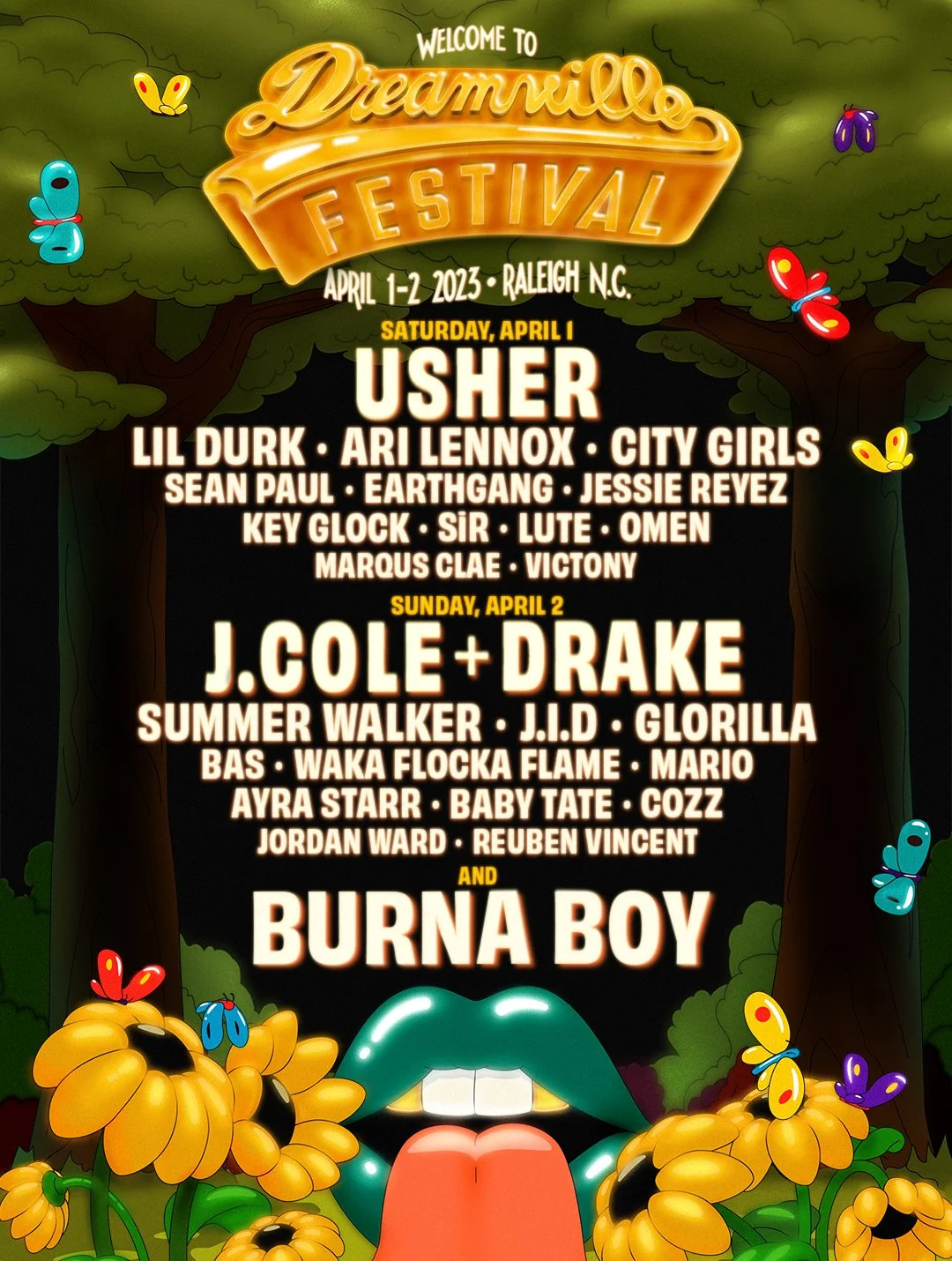In recent years, the world has seen a growing love for African music and the artists behind it. From the infectious rhythms of Afrobeat to the soulful sounds of South African house, African music has captured the hearts of people all over the globe. This trend has been reflected in the international success of African musicians, including Burna Boy, Nasty C, and Black Coffee.
Burna Boy, the Nigerian singer and songwriter, has become one of the most prominent African artists on the world stage. His fusion of Afrobeat, dancehall, and reggae has garnered critical acclaim and a devoted fanbase. He has won multiple awards, including a Grammy Award for Best Global Music Album in 2021, and has collaborated with international stars such as Beyoncé, Ed Sheeran, and Stormzy. Burna Boy is set to perform at the upcoming Dreamville Festival in North Carolina, alongside a lineup of top artists including Usher, Drake, and Ari Lennox.
Another star in African music is Nasty C, a South African rapper and songwriter. Known for his smooth flow and introspective lyrics, Nasty C has gained a following both in his home country and around the world. He has collaborated with international artists such as T.I. and DJ Whoo Kid, and has been praised for his socially conscious approach to music. In 2020, he signed a deal with Def Jam Recordings, a major American label, cementing his status as a global artist.
South African DJ and record producer Black Coffee has also made a name for himself on the international stage. His blend of deep house, jazz, and African rhythms has earned him a following around the world, and he has performed at major festivals and venues such as Coachella and the Apollo Theater. Black Coffee has collaborated with a range of artists, including Drake, David Guetta, and Usher, and has won multiple awards, including DJ Awards' Best Deep House DJ in 2017 and 2019.
The success of Burna Boy, Nasty C, and Black Coffee represents a broader trend of African music gaining global recognition. As the world becomes increasingly connected, more and more people are discovering the vibrant and diverse sounds of Africa. This is reflected not only in the success of individual artists, but also in the growing number of festivals and events dedicated to African music. From the Dreamville Festival in North Carolina to the Afropunk Festival in Johannesburg, these events celebrate the rich cultural heritage of Africa and showcase the talents of its artists.
The rise of streaming platforms such as Spotify and Apple Music, which have made it easier for listeners around the world to discover and enjoy African music. These platforms have also provided a new avenue for African artists to reach global audiences, bypassing traditional gatekeepers such as record labels and radio stations.
But the success of African music is not just due to the convenience of streaming platforms. It is also a reflection of the talent and creativity of the artists themselves. African musicians draw on a rich musical tradition that encompasses everything from traditional rhythms to contemporary genres such as hip hop and R&B. They infuse their music with a sense of history and cultural identity that is deeply rooted in the African experience.
This cultural richness is what sets African music apart from other genres and makes it so appealing to listeners around the world. It offers a glimpse into a world that is both familiar and exotic, inviting us to explore new sounds and perspectives. As Burna Boy has said, "African music is like a treasure trove. There's always something new to discover."
As African music continues to gain global recognition, it is important that we celebrate the artists who are making their mark on the world stage. The success of Nasty C, Black Coffee, and other African artists is a reminder of the power of music to connect people from all corners of the world. its beautiful to see artists from our city and our continent making their mark on the world stage, and we look forward to seeing what the future holds for African music.
